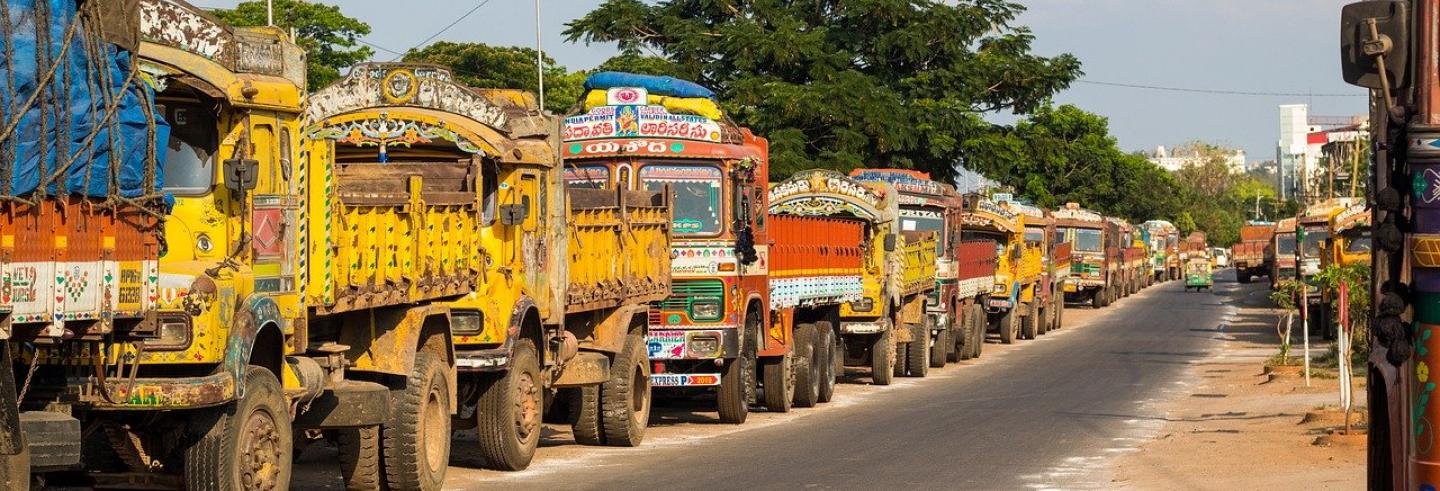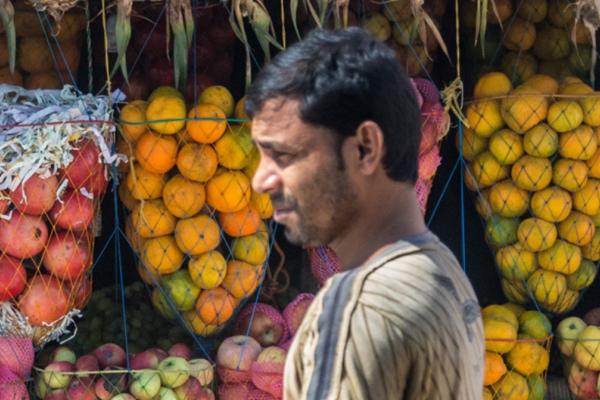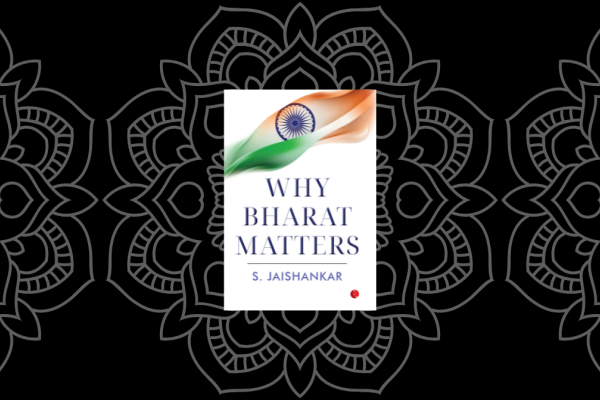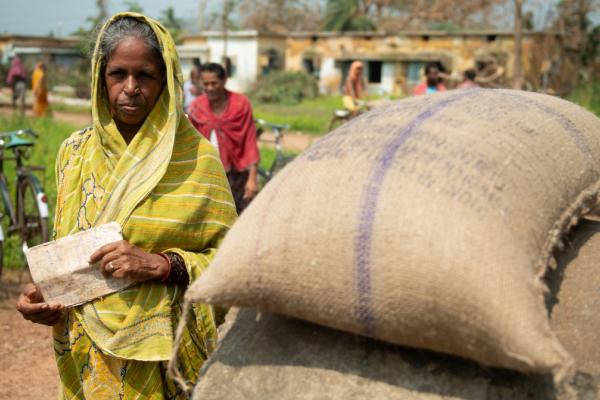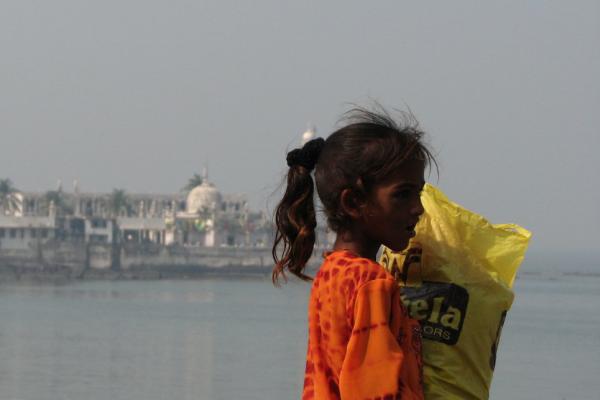Policymakers must look beyond the immediate shock of the Covid-19 pandemic and plan for the future. It is evident that nations across the world were unprepared to cope with a disaster of this scale. The damage in terms of human lives and economic losses is already substantial. After the pandemic recedes, the world will take time to recover economically, socially and psychologically from the unprecedented actions of national lockdowns and travel bans.
A mega-crisis such as this requires us to analyse what went wrong and then suggest improvements in our public management processes. We are witnessing widespread governance failure. News reports from across the world point to the apparent lack of preparation, slow government reaction times, neglect of scientific and expert advice, inadequate national and international communication and lack of cooperation. Looking ahead, how can governance systems can be reformed? We need a fundamental shift in governance approach. Specifically, we should move from politics-driven policymaking towards collaborative management of public policy.
We need to address the basic structural issues of governance design if we are to be better prepared for future complex challenges. This is particularly necessary in managing disasters, but the broader process of policymaking needs reform.
Knowledge is extremely important for policymaking especially in domains that are characterized by technical complexity, imperfect knowledge and the potential for high losses from policy mistakes.
I will highlight two key aspects of governance—the utilisation of professional and technical expertise in policy and the institutionalisation of collaboration and consultation in policymaking. Without the support of the top-level political leadership such transformation is impossible. However, a global disaster that affects the entire humanity and transcends nationality, race, religion, social and economic distinctions and geographic barriers should help to change policy practice. After all, the devastation of World War II and the Great Depression dramatically transformed political and economic thinking everywhere.
There are three important governance lessons from the present crisis. Lesson number 1 is that we need to address the knowledge deficit in policymaking, i.e., how to ensure proper and timely expert inputs into policy. Second, governments must strengthen their capacity to plan for meeting emergent threats. Third, in order to achieve these goals effectively, the governance style should be more collaborative. Knowledge is extremely important for policymaking especially in domains that are characterized by technical complexity, imperfect knowledge and the potential for high losses from policy mistakes. This is true for public health threats, but also in areas such as climate change. Human knowledge in these areas is incomplete and uncertain. Hence, prudential considerations, a far-sighted perspective and administrative preparedness are essential.
Policy decisions should embody the best scientific analysis of relevant evidence. Unfortunately, this does not always happen. Either expertise is not available and institutionalised into the policy process, or it is available but is rejected by political decisionmakers. In the United States, governmental expertise on health is abundant. Despite this, the Trump Administration ignored it while responding to Covid-19. The consequences have been tragic in the US, which now (May 18) has the largest number of infected people in the world (1.521 million) and the largest number of fatalities (90,900) too. Economic losses are already colossal though difficult to estimate precisely at present.
Indian officials seemed unable to gauge in time the magnitude of the medical threat posed by the pandemic. Though travel advisories were issued and screening at Indian airports had started by early February, even on March 13, 2020 (the day that the WHO declared Covid-19 as a global pandemic) Health Ministry officials told the media that it was not a health emergency situation in India. Evidently, scientific and medical inputs that they received had underestimated the danger.
For meeting future mega-challenges, politics, scientific expertise and public administration must work in close cooperation.
By contrast, in the Asian region Taiwan, South Korea and Singapore responded promptly. At that time, there was a limited lockdown in only one Korean city Daegu in order to contain a community transmission incident. Taiwan’s Central Epidemic Command Center began testing very early along with contact tracing and avoided a lockdown. Preparedness for health emergencies has been a key feature of these countries drawing on lessons from SARS and MERS outbreaks. Both countries had institutionalised unified health emergency command centers. They had made advance plans for rapid production of protective gear. Detailed action plans for testing, tracking, contact tracing, monitoring quarantine behaviour, and medical treatment were in place, and were quickly deployed. Medical experts and health ministers held regular briefings to educate and reassure the public about the evolving health situation and fought disinformation. Direct communication and transparency won the public’s trust in government actions. This enabled the governments to use persuasion more than coercion in order to obtain citizens’ compliance with guidelines and orders. Taiwan addressed the issue of disease stigma and provided compassionate support to those in quarantine. The lesson is that for meeting future mega-challenges, politics, scientific expertise and public administration must work in close cooperation.
Policy choices are now primarily based on political calculation by the political executive. This is a legacy of market reforms that greatly reduced the autonomy and professional status of the civil service, as well as of technical and scientific advisers.
We hope that Covid-19 will recede before too long, but other serious threats are looming on the horizon. Governments must plan better, prepare better and take pre-emptive action. The Government of India has just sanctioned Rs. 15,000 crore 4-year project (with World Bank support) under the Health Ministry for bolstering Covid-19 Emergency Response and Health Systems Preparedness. Hopefully, some of these effective design principles will be incorporated in the new structure. This would require a basic shift in the style of policymaking towards collaboration both within government as well as with non-governmental actors.
On the choice of policy, why does professional expertise often not receive adequate attention from policy makers? The main reason for this is the increasing dominance of politics in policymaking in many countries. Policy choices are now primarily based on political calculation by the political executive. This is a legacy of market reforms that greatly reduced the autonomy and professional status of the civil service, as well as of technical and scientific advisers. There are many pitfalls in this approach, and particularly so when policy errors can be socially costly. Examples are the US administration’s disconnect with scientific advice on Covid-19 as well as the costly Indian demonetisation move in which most economists found no merit. By definition, such policies are not grounded in a rationally conceived articulation of the “public interest”. They are shaped by interest group pressures or have a populist intent. In this environment, political decisionmakers find it convenient to reject scientific findings, to exclude or suppress evidence and postpone difficult decisions. Policies lose coherence and consistency.
When incorrect policy decisions are made, the policy emphasis quickly shifts to managing the political fallout rather than correcting the weak policies. Various political tactics are often used, such as denial, blaming scapegoats, suppression of evidence and adoption of authoritarian measures. In relation to the spread of Covid-19 infection for example, suspicion against minority communities (India) and immigrant groups (US) has been encouraged by sections of the media without strong rebuttal from the authorities. Unfortunately, all of these tactics are divisive and worse, they do not help to find a solution to the crisis. Therefore, good governance requires that the policy process be transformed into one where institutional structures can mediate and ensure that the policy is chosen in a rational manner and is based on evidence. Obviously, political considerations are important for decisionmakers, but these need to be balanced by expert inputs.
[T]he broad principle is that expertise flowing to government policymakers should be open, independent, broad-based and include views that are different from the government’s preferences.
In order to induct a wider range of expertise into the policy discourse than is available within the government, the channels and processes of communication with external institutions must be liberalised and energised. Knowledge networks should be opened up so that higher education institutions, research organisations and non-governmental organisations as well as for-profit organizations can freely participate. Academic freedom, respect for autonomy, and sharing of data are essential for mobilising national expertise. Each broad policy domain should have its own institutional design of a deliberation framework that is most appropriate. However, the broad principle is that expertise flowing to government policymakers should be open, independent, broad-based and include views that are different from the government’s preferences. The task of mobilising and coordinating knowledge networks should be entrusted to officials (with adequate training in the specialized policy field), and they should be relatively insulated from political pressures. East Asian countries provide many ideas on how this may be done.
Professional competence must be strengthened in the key components of emergency management —mitigation, preparedness, short term response and the process of recovery.
The bureaucracy’s mode of engagement with non-governmental entities also needs to adapt especially in the context of managing emergencies. The bureaucratic management style is traditionally hierarchical. However, many countries are embracing decentralisation and a collaborative style of public management at the local level. Decentralisation and collaborative management are particularly important in managing emergencies because it requires integrating the governmental “command and control” mechanism with managing collaborative and partnership relationships with multiple actors. Different new types of human and natural disasters keep emerging, because of which “standard operating procedures” do not work. Complex challenges are beyond the capacity of a single agency. Many different categories of actors are usually involved-- different levels of government, NGOs, business organizations, research institutions and the general public as well. The state and local level officials must be able to effectively mobilise the energy and coordinate the activity of these actors cutting across institutional boundaries, and to integrate them into the government’s delivery mechanism.
Professional competence must be strengthened in the key components of emergency management--mitigation, preparedness, short term response and the process of recovery. Preparedness involves identification of threats, determining vulnerabilities, and estimating the required quantum of resources. This requires scientific and technical expertise. Recovery activities include having a plan for restoration of the livelihoods of affected communities and resumption of public services. NGOs have the comparative advantage of direct connection with people and communities, and their competence should be tapped.
The working environment of NGOs has to be transformed if they are to effectively collaborate with the government.
It is heartening to note that many different organisations in India are responding heroically to the Covid-19 challenge. Some of them are cooperating with multiple state governments in actively supplying substantial numbers of food kits daily and also helping on the medical front. It is worth noting that the NGOs that have a track record of working in partnership with state governments have been able to act quickly at the ground level. This illustrates the efficacy of having prior established collaborative networks between governments and NGOs. Some private foundations and companies have extended generous financial support to NGOs who are working on the ground.
Unfortunately, the relationship between the government and the NGO sector in recent years has been uneasy and marked by distrust. Many NGOs are in financial stress and unable to access foreign sources of funding. The working environment of NGOs has to be transformed if they are to effectively collaborate with the government. The Sri Chitra Tirunal Institute of Medical Sciences Trivandrum is reported to have developed cost-effective diagnostic testing equipment. It is a great achievement. However, the rapidity with which such innovations can be deployed at the operational level depends on the strength and resilience of the partnerships between the Department of Science and Technology, the scientific community, the health system and the industrial firms who will manufacture the testing equipment.
[D]ecentralisation, coordination and transparency help build trust across organisations, levels of government and among the citizenry. This would decrease the need for coercive enforcement of orders.
Kerala is being lauded for its effective handling of the Covid19 crisis despite being vulnerable to infection because of returning migrant workers and students from abroad. The key to its success has been the state government’s preparedness. Kerala began screening international passengers since January. It put in place a system of contact tracing, isolation and surveillance. State governments should institutionalise mechanisms for information sharing and learning from each other’s experience.
Finally, decentralisation, coordination and transparency help build trust across organisations, levels of government and among the citizenry. This would decrease the need for coercive enforcement of orders. Under such conditions, government’s emergency decisions are likely to be based on better information and to take into consideration ground-level conditions. Livelihood security and survival plans could be better integrated into policy. Such assurance would help in ensuring that the public complies voluntarily with government orders. The Indian lockdown was necessary but the Prime Minister’s initial announcement was sudden. Most state governments scrambled to act at extremely short notice. Many disadvantaged migrant workers lacked the capacity to obey the government’s strict directive and began desperately walking home.
This is a time when the whole nation should unite, transcending divisions of politics, ideology, community, wealth and language. Looking ahead, I have suggested some steps of how we can ensure that as a democratic society, we are better able to arrest future mega problems — such as climate change — before they become disasters.


